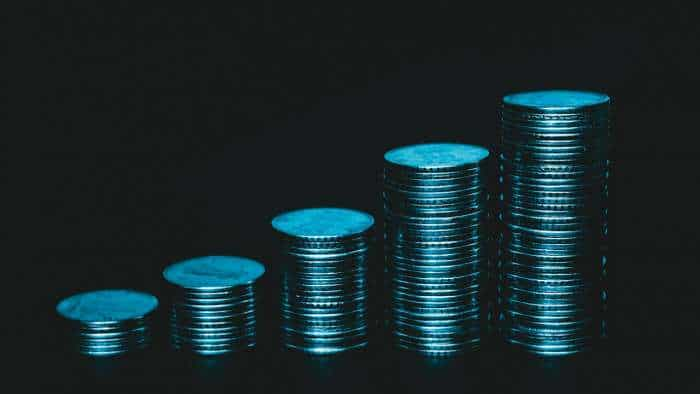Intel co-founder Gordon Moore dies at 94
Prior to establishing Intel, Moore and Noyce participated in the founding of Fairchild Semiconductor, where they played central roles in the first commercial production of diffused silicon transistors and later the world’s first commercially viable integrated circuits.

Gordon Moore, the Intel Corp. co-founder whose "Moore's Law" predicted a steady rise in computing power for a decade, died Friday, 24 March 2023, the company informed. He was 94.
Intel and the Gordon and Betty Moore Foundation said that Moore died peacefully surrounded by family at his home in Hawaii.
Moore co-founded Intel alongwith his colleague Robert Noyce in July 1968. Moore initially served as executive vice president until 1975, when he became president. In 1979, Moore was named chairman of the board and chief executive officer (CEO). In 1997, Moore became chairman emeritus, stepping down in 2006.
“Gordon Moore defined the technology industry through his insight and vision. He was instrumental in revealing the power of transistors and inspired technologists and entrepreneurs across the decades. We at Intel remain inspired by Moore’s Law, and intend to pursue it until the periodic table is exhausted,” said Pat Gelsinger, CEO at Intel.
Prior to establishing Intel, Moore and Noyce participated in the founding of Fairchild Semiconductor, where they played central roles in the first commercial production of diffused silicon transistors and later the world’s first commercially viable integrated circuits. Both Moore and Noyce had previously worked together under William Shockley, the co-inventor of the transistor and founder of Shockley Semiconductor, which was the first semiconductor company established in what would become Silicon Valley.
Upon striking out on their own, Moore and Noyce hired future Intel CEO Andy Grove as the third employee, and the three of them built Intel into one of the world’s great companies. Together they were known as the “Intel Trinity,” and their legacy continues today.
The number of transistors on an integrated circuit will double every year, according to Moore, who also played a crucial part in the development of two of the world's most innovative technological firms. This prediction, which was known as Moore's Law, was made in 1965.
“All I was trying to do was get that message across, that by putting more and more stuff on a chip we were going to make all electronics cheaper,” Moore said in a 2008 interview.
Moore started his research career at the Johns Hopkins Applied Physics Laboratory in Maryland. He returned to California in 1956 to join Shockley Semiconductor.
Get Latest Business News, Stock Market Updates and Videos; Check your tax outgo through Income Tax Calculator and save money through our Personal Finance coverage. Check Business Breaking News Live on Zee Business Twitter and Facebook. Subscribe on YouTube.
RECOMMENDED STORIES

Power of Compounding: How many years it will take to reach Rs 10 crore corpus through Rs 10,000, Rs 15,000, and Rs 20,000 monthly SIP investments?

Small SIP, Big Impact: Rs 1,111 monthly SIP for 40 years, Rs 11,111 for 20 years or Rs 22,222 for 10 years, which do you think works best?

Highest Senior Citizen FD rates: See what major banks like SBI, PNB, Canara Bank, HDFC Bank, BoB and ICICI Bank are providing on special fixed deposits
11:13 AM IST









 Intel’s Arc B-Series graphics cards are here: Know how it will enhance efficiency and performance
Intel’s Arc B-Series graphics cards are here: Know how it will enhance efficiency and performance SK Group Chairman Chey Tae-won meets with CEOs of Amazon and Intel to discuss AI semiconductor collaboration
SK Group Chairman Chey Tae-won meets with CEOs of Amazon and Intel to discuss AI semiconductor collaboration Intel announces Santhosh Viswanathan as India region head
Intel announces Santhosh Viswanathan as India region head US lawmakers angry after Huawei unveils laptop with new Intel AI chip
US lawmakers angry after Huawei unveils laptop with new Intel AI chip Intel discloses $7 billion operating loss for chip-making unit
Intel discloses $7 billion operating loss for chip-making unit